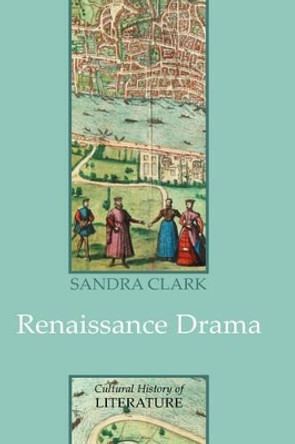It is often assumed that we can never know how the earliest audiences responded to the plays and playbooks of Shakespeare, Marlowe, and other Renaissance dramatists. In this study, old compilations of early modern dramatic allusions provide the surprising key to understanding pre-1660 reception. Whether or not it begins with powerful emotion, that reception creatively applies and appropriates the copious resources of drama for diverse purposes, lessons, and interests. Informed also by critical theory and historical research, this understanding reveals the significance of response to Tamburlaine and Falstaff as well as the importance of drama to Edmund Spenser, John Donne, John Milton, and many others. It makes possible the study of particular responses of women and of workers and contributes to the history of subjectivity, reading, civil society, and aesthetics, and demands a fresh view of dramatic production.
A study of early responses to the plays of Shakespeare, Marlowe, and other Renaissance dramatists.About the AuthorCharles Whitney is Professor of English at the University of Nevada, Las Vegas.
Reviews'We have good reason to put a high value on the few freshly published books that succeed in pushing out the boundaries of our knowledge.' Andrew Gurr, Ben Jonson Journal
'Anyone interested in Tudor-Stuart drama will need this book. Summing up: essential.' Choice
'One of the best books of the year ...' Studies in English Literature
Book InformationISBN 9780521117203
Author Charles WhitneyFormat Paperback
Page Count 356
Imprint Cambridge University PressPublisher Cambridge University Press
Weight(grams) 520g
Dimensions(mm) 229mm * 152mm * 20mm









